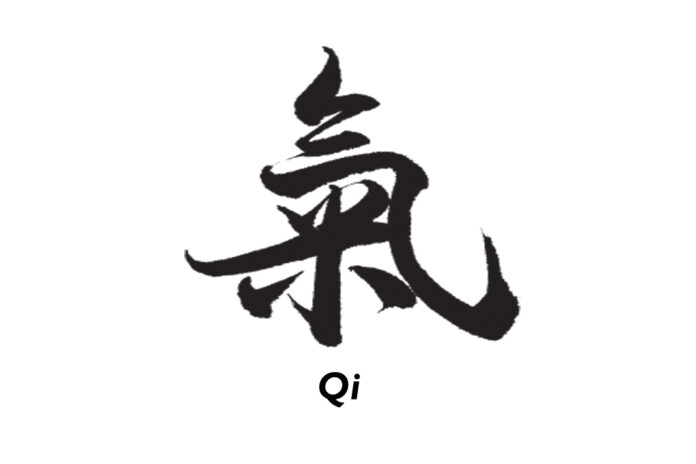By Simon C. Kim, Director of Korean Han Spirit
It is not easy to compare two different ideas, especially when they came from different cultural backgrounds in different languages. Nevertheless, comparative ideas between Whitehead’s Philosophy of Organism and Qi philosophy in Eastern Medicine provide affluent insights understanding the universe and nature. In a sense, knowledge is an intellectual product derived from differentiation. So, any adventure of ideas is subject to be ignited by hybridization.
However, to compare two ideas to find out any common ground among them, we need a broader perspective about the given topic. That is why I have to start this paper from philosophical premises in the contemporary scientific world view. Nobody can deny the accomplishment of modern civilization constructed by natural sciences, which is, in their premises, based on the mechanist materialism or materialist mechanism.
The great triumph of early ‘modern’ natural science was possible on the assumption of a mechanical universe. However, the time is to come when the growth of knowledge necessitated the adoption of a more organic philosophy no less naturalistic than atomic materialism. (J. Needham, 1956. P. 505) Joseph Needham suggested that Neo-Confucian philosophy was fundamentally a philosophy of organism and that Chu Hsi’s philosophy attained a position analogous to that of Whitehead. (ibid, P.458)
There is a body, a human body. You never defy this basic experience inside and outside of your body as ‘Nexus’ of ‘Actual Entity’ or ‘Actual Occasions’ in terms of Whitehead’ Process philosophy. There are also cells, tissues, and body organs in the human body. You don’t need any knowledge for this basic insight even though we have learned all those names in ordinary languages.
According to Whitehead, the body is not composed of a mechanistic molecular entity. The human body is achieving on a scale of concentrated efficiency a type of social organization. (PR 119) This philosophical premise of Whitehead’s organism is very similar to Qi philosophy in East Asian culture. (You can use the terminology of ‘Chinese’ instead of East Asian if it is convenient for you to grasp this idea.) Many scholars are apt to characterize Eastern medicine as a medical system based on a ‘holistic, organic view of nature.’
I would like to present my idea about Whitehead’ view of the human body by examining some basic assumptions of his process philosophy
I have divided the discourse into two parts; the first concerned with a world view in the light of metaphysical philosophy. And the second with the specific view of the human body as an organic society.
I will discuss more regarding the world view next month.





































